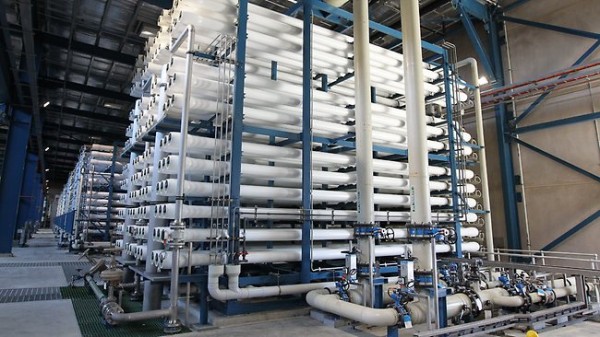Skyhaven Systems Win Contract From The DOE To Develop A Membraneless Water Desalination System

April 30, 2014 – Skyhaven Systems, LLC was awarded a contract from the Department of Energy to develop a membraneless water desalination system. Access to freshwater is an increasingly important national and international issue. Today, about three billion people around the world have no access to clean drinking water. According to the World Water Council, by 2020, the world will be about 17% short of the fresh water needed to sustain the world population. Moreover, about 1.76 billion people live in areas already facing a high degree of water shortage. To address the challenge of providing clean fresh water to meet the earth’s growing population new innovative solutions are required to desalinate water without using membranes.
Skyhaven’s system is based on capacitive deionization using an innovative electrode technology the firm has developed. During this development program, Skyhaven will develop and demonstrate a bench-scale reactor to desalinate water using new material enhancements and reactor design technology to minimize cost while enabling long operating lifetimes. These efforts will assess new materials and modifications to these materials to improve their capacitance for adsorbing ions. A variety of reactor designs will be fabricated and evaluated with ocean and brine waters to assess the desalination performance and process economics for producing potable water.
One of the major benefits of Skyhaven’s membraneless desalination system pertains to the elimination of membrane fouling with a concomitant simplification in the operation and maintenance of the reactor. The initial market for this reactor is for onsite water deionization that can provide potable drinking water from ocean and brine waters. Given the widespread needs for desalination around the world, a system that can provide a longer lifetime, a lower capital cost, an improved separation process per pass, and a reduction in the energy requirements will provide substantive public benefits.






